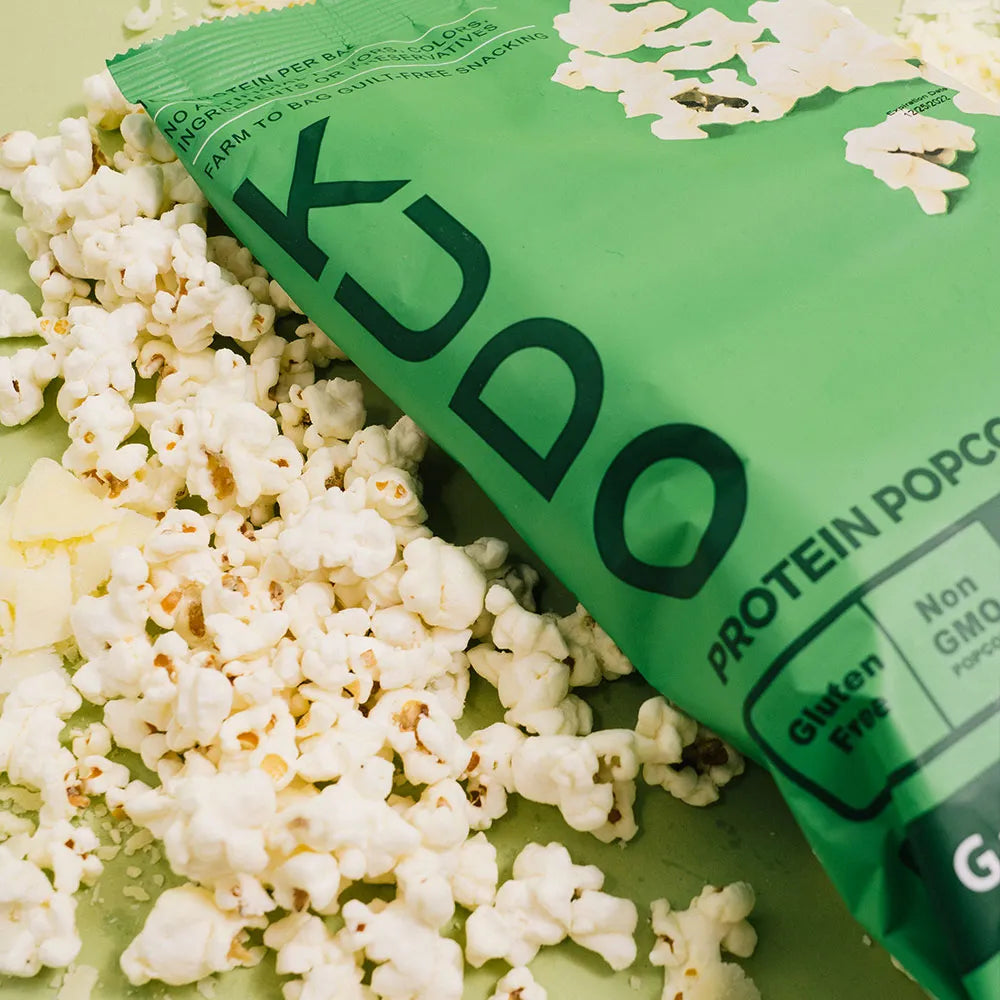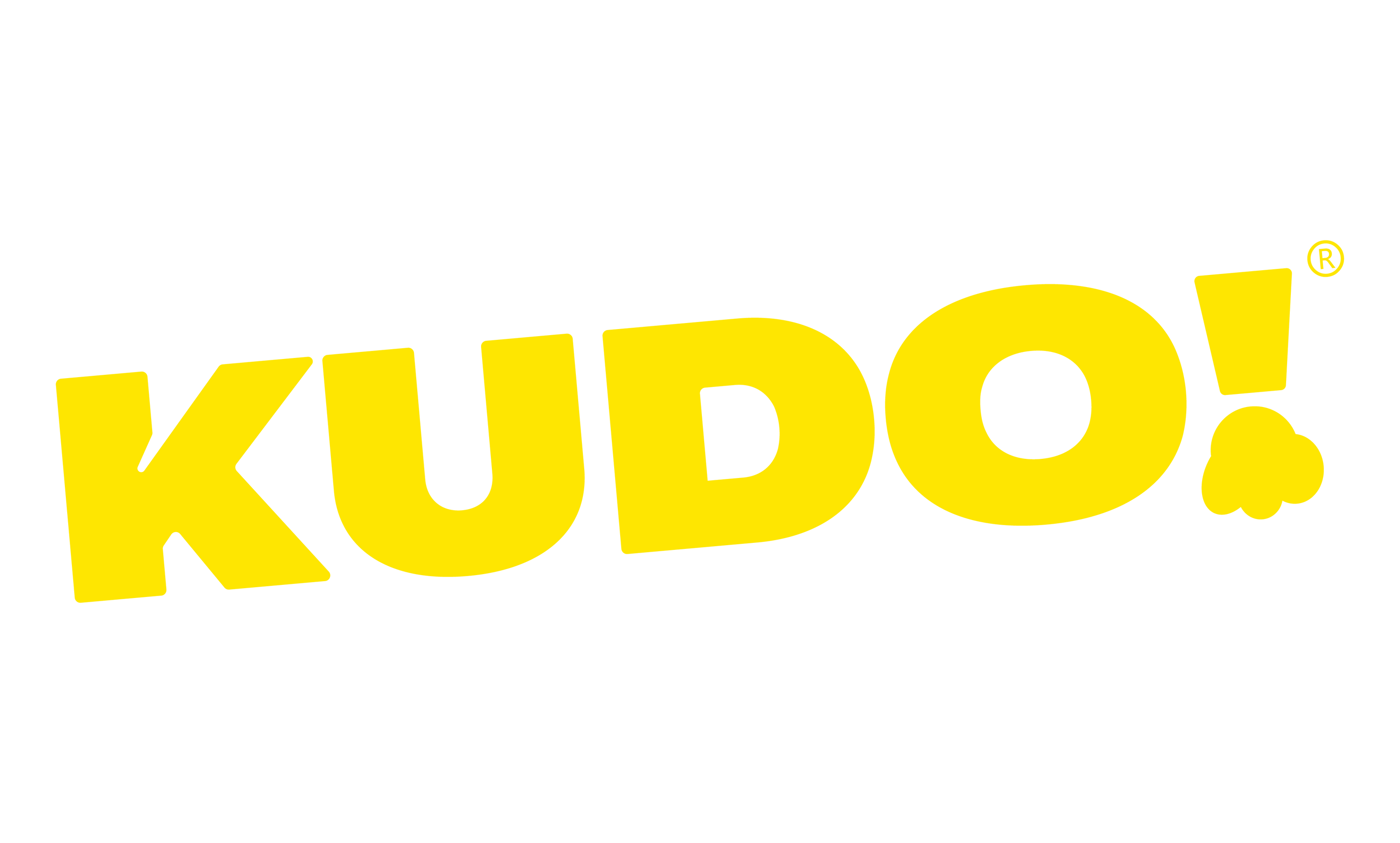

· By Brydon Cotter
IS POPCORN GLUTEN-FREE?
For gluten-sensitive or celiac, the thought of eating popcorn may fill you with dread. After all, popcorn is a grain, and grains are notorious for containing gluten. But the good news is that popcorn is one of the few naturally gluten-free grains. Furthermore, popcorn is not even technically a grain. Instead, it’s a type of corn. So if you’re looking for a tasty, gluten-free snack, popcorn is a great option.
WHAT IS GLUTEN-FREE POPCORN?
Gluten is a protein in certain grains, including wheat, barley, and rye. Corn is a gluten-free grain, so plain popcorn is also gluten-free. It makes it a safe snack for people with celiac disease and sufferers of non-celiac gluten sensitivity. Before you rush to the store to stock up on popcorn, however, you should know a few things.
First, while popcorn kernels in and of themselves are gluten-free, not all store-bought popcorn is safe for celiac sufferers. The problem isn’t with the corn – it’s with the processing and the potential for cross-contamination with gluten-containing ingredients.
Fortunately, most major popcorn brands carry a gluten-free label on the product, which makes it easy to shop safely. Keep reading to find out which brands are gluten-free.
DOES POPCORN HAVE GLUTEN?
Popcorn does not contain gluten. Gluten is a protein found in wheat, rye, and barley. Popcorn is made from corn, which does not contain gluten. Popcorn is a particular type of corn that puffs up when heated. It is one of the most popular snack foods in the United States. According to the Popcorn Board, Americans consume 52 quarts of popcorn per person each year.
Seventy percent of purchased popcorn is eaten at home, and the rest is enjoyed at sporting events, movies, and other events. Popcorn can work in a gluten-free diet, as long as it’s not seasoned with gluten-containing ingredients. Although popcorn is a naturally healthful snack, it can quickly become unhealthful when prepared with large amounts of oil, salt. The kernels or seeds of the popcorn plant are used to make this popular snack food.
Popcorn is naturally gluten-free, meaning it does not contain the protein gluten. However, some popcorn brands may add wheat ingredients during processing or add flavoring containing gluten. Therefore, checking the ingredients list on any packaged popcorn product is essential to determine if it contains gluten. If you are unsure about a particular popcorn brand, you can contact the manufacturer directly to inquire about the ingredients and manufacturing process.
ARE THERE ANY BENEFITS TO EATING GLUTEN-FREE?
There are many benefits to eating Kettle-Popped Protein Popcorn, here are some of them. A gluten-free diet is essential for people with celiac disease or gluten sensitivity. But even if you don’t have one of these conditions, you may still benefit from going gluten-free.
Gluten is a protein found in wheat, rye, and barley. For people with celiac disease, consuming gluten triggers an immune response that damages the small intestine. This can lead to various symptoms, including abdominal pain, bloating, and diarrhea. A gluten-sensitive individual may also experience some of these symptoms after consuming gluten.
A gluten-free diet is the only way to manage celiac disease and gluten sensitivity. But even if you don’t have one of these conditions, there are still benefits to cutting out gluten. Some people feel better after giving up gluten, even if they don’t have an allergy or intolerance.
WHAT TYPE OF POPCORN IS GLUTEN-FREE?
Many types of popcorn are gluten-free. One popular type is Orville Redenbacher’s Smart Pop! Kettle Corn. This type of popcorn is made with 100% whole grain popcorn, is low in fat and calories, and is a good source of fiber. Another popular type of gluten-free popcorn is Popcorn, Indiana’s Movie Theater Butter Popcorn. This type of popcorn is also made with 100% whole-grain popcorn and is a good source of fiber. These types of popcorn are popped in small batches to ensure quality and flavor.
THE COMMON TYPES OF POPCORN
The consumption of all gluten-free products has hinged on the rising demand for food products among people with celiac disease or those with marked gluten sensitivity. In addition, the global market for gluten-free popcorn products has witnessed rising impetus from the rising trend of healthy, ready-to-eat snacking among worldwide populations of all demographics. Many types of popcorn are gluten-free.
The most common type of popcorn that is gluten-free is popped corn. This type of popcorn is made from whole kernels of corn that have been heated until they pop. Other gluten-free popcorn types include microwave popcorn, air-popped popcorn, and stove-top pop popcorn. All of these types of popcorn are made without wheat, barley, or rye ingredients, so they are safe for people with celiac disease or gluten intolerance to eat.
ARE THERE ANY RISKS TO EATING GLUTEN-FREE?
There are a few risks to eating gluten-free, the most notable being that you may need more fiber or other nutrients if you’re not careful. In addition, gluten-free products tend to be lower in the thread than their wheat-based counterparts, so it’s essential to ensure you’re getting enough from other sources. Other risks include reactions to gluten-free substitutes and an increased risk of gastrointestinal issues like diarrhea.

